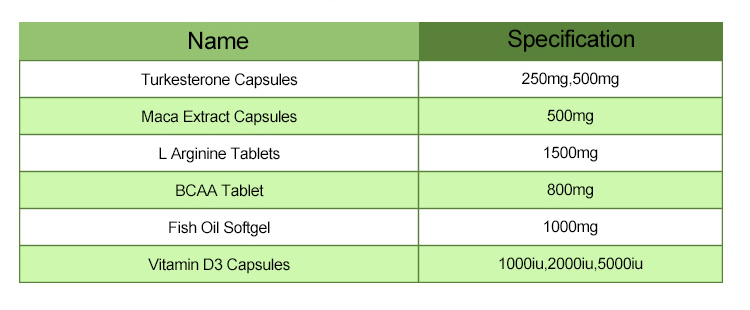BCAA stands for Branched-Chain Amino Acids. These are essential amino acids, meaning the body cannot produce them on its own and must obtain them through diet or supplementation. The three BCAAs are leucine, isoleucine, and valine.
BCAA tablets are a form of dietary supplement that provide these specific amino acids in a convenient pill form. Athletes and bodybuilders often use BCAA supplements to support muscle growth, reduce muscle soreness, and improve exercise performance. BCAAs are believed to help prevent muscle breakdown during intense exercise and promote muscle protein synthesis, which is essential for muscle repair and growth.
BCAA tablets are commonly consumed before, during, or after workouts to help optimize muscle recovery and promote muscle growth. However, it’s essential to note that while BCAA supplements can be beneficial for some individuals, they are not a substitute for a balanced diet rich in protein and other essential nutrients. Additionally, always consult with a healthcare professional before starting any new supplement regimen.

How to use BCAA Tablet?
BCAA (Branched-Chain Amino Acids) tablets are commonly used by individuals looking to support muscle recovery, enhance exercise performance, and promote muscle protein synthesis. Here’s how you can use BCAA tablets effectively:
Read the Label: Start by carefully reading the label and following the manufacturer’s instructions for dosage and usage. Dosage recommendations may vary depending on the brand and the specific formulation.
Timing: BCAA tablets are typically taken before, during, or after a workout to support muscle recovery and growth. Some people also take them between meals to help maintain a steady supply of amino acids in the bloodstream.
Dosage: Follow the recommended dosage provided on the product label. This may vary depending on factors such as body weight, exercise intensity, and fitness goals. It’s generally recommended to start with the lowest effective dose and adjust as needed.
Take with Water: BCAA tablets should be swallowed whole with water. Avoid crushing or chewing them unless otherwise instructed by the manufacturer.
Combine with a Balanced Diet: While BCAA supplements can be beneficial, they should not replace a balanced diet rich in protein sources. Make sure to consume a variety of protein-rich foods such as lean meats, fish, eggs, dairy, legumes, and nuts to meet your body’s overall amino acid needs.
Stacking: Some people choose to stack BCAA tablets with other supplements like whey protein, creatine, or pre-workout formulas for enhanced results. However, always consult with a healthcare professional before combining supplements, especially if you have any underlying health conditions or concerns.

Consistency: To experience the full benefits of BCAA supplementation, it’s important to use them consistently as part of your overall fitness routine. Consistency in dosage and timing can help optimize their effects on muscle recovery and performance.
Monitor Results: Pay attention to how your body responds to BCAA supplementation. While many people find them beneficial for muscle recovery and exercise performance, individual responses may vary. Adjust your dosage or timing as needed based on your personal experience and goals.
Consult a Professional: If you have any underlying health conditions, concerns, or if you’re pregnant or nursing, it’s advisable to consult with a healthcare professional before starting any new supplement regimen, including BCAA tablets.
By following these guidelines, you can effectively incorporate BCAA tablets into your fitness routine to support your muscle recovery and overall exercise performance.
